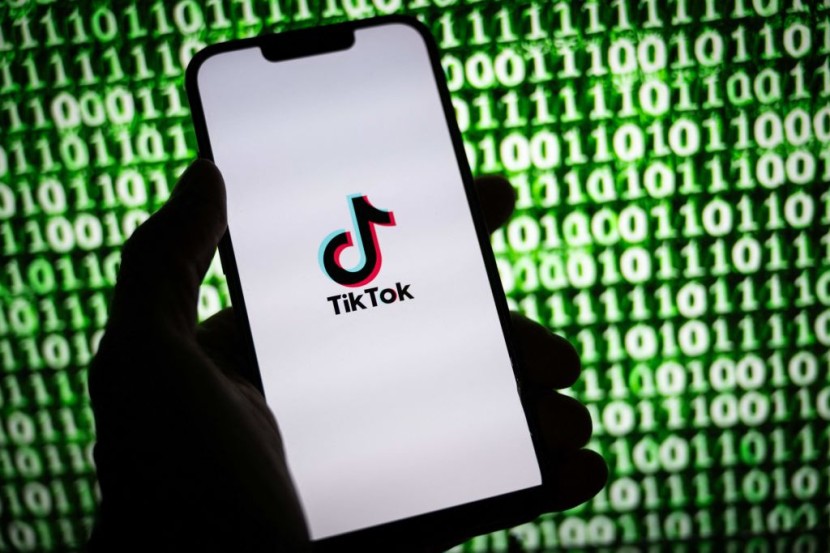Texas judges have recently upheld the ban on TikTok for state employees using government devices and networks, citing concerns about data protection. The ban, which was challenged by the Knight First Amendment Institute at Columbia University, argued that it infringed upon the First Amendment rights of faculty members conducting TikTok-related research.
However, US District Judge Robert Pitman rejected the challenge, asserting that the ban was justified due to data protection concerns, as per The Washington Times.
Knight Institute Challenges TikTok Ban on Faculty Research

The Knight First Amendment Institute filed a lawsuit in July, contending that the ban was obstructing faculty members from pursuing research related to TikTok. In his ruling, Judge Pitman contradicted a similar ban in Montana, which was blocked by another US judge last month.
The Montana ban was deemed to violate the Constitution and exceed the state's authority. TikTok had filed a lawsuit against Montana in May, claiming that the ban infringed on free speech rights.
The TikTok ban has been implemented by more than 30 US states and federal agencies, including branches of the government such as the White House, Department of Defense, Department of Homeland Security, and the State Department.
However, this ban does not cover national security, law enforcement, or security research activities on federal devices. TikTok, owned by China-based ByteDance, is a global sensation, boasting over 150 million users in the United States. Despite global concerns, TikTok denies any wrongful use of user data, according to Reuters.
The Knight First Amendment Institute's lawsuit was filed on behalf of the Coalition for Independent Technology Research, a group that includes Texas college professors. The professors claimed that the ban had impacted their work by denying them access to TikTok on-campus Wi-Fi and university-issued computers. While Judge Pitman acknowledged the impact on faculty members, he deemed the ban to be a reasonable restriction due to concerns regarding data privacy.
Read Also : Atlanta Police Arrest Woman Who Doused Martin Luther King Jr. Home With Gasoline in Arson Attempt
Texas vs. Montana
Notably, the Texas ban is narrower than the blocked ban in Montana. Texas limited its ban to state employees, while Montana's statewide ban was set to take effect next year until it was temporarily blocked.
The Knight First Amendment Institute reports that universities in more than 20 states have enacted some form of TikTok ban, as lawmakers fear potential national security threats posed by the Chinese-owned app.
Lawmakers in the United States, Europe, and Canada have been increasingly focused on restricting access to TikTok due to concerns about user data falling into the Chinese government's hands.
Critics point to Chinese laws that enable government access to data held by Chinese companies and citizens for intelligence purposes. Moreover, there are concerns that TikTok's content recommendations could be manipulated for misinformation purposes.
The Knight First Amendment Institute and TikTok have not yet issued a public comment on the court's decision. The institute continues to advocate for exemptions for university faculty in Texas and other states affected by the TikTok ban. As the debate over data privacy and national security intensifies, the future of TikTok's presence on government devices and networks remains uncertain, and further legal battles may ensue, India Today reported.








